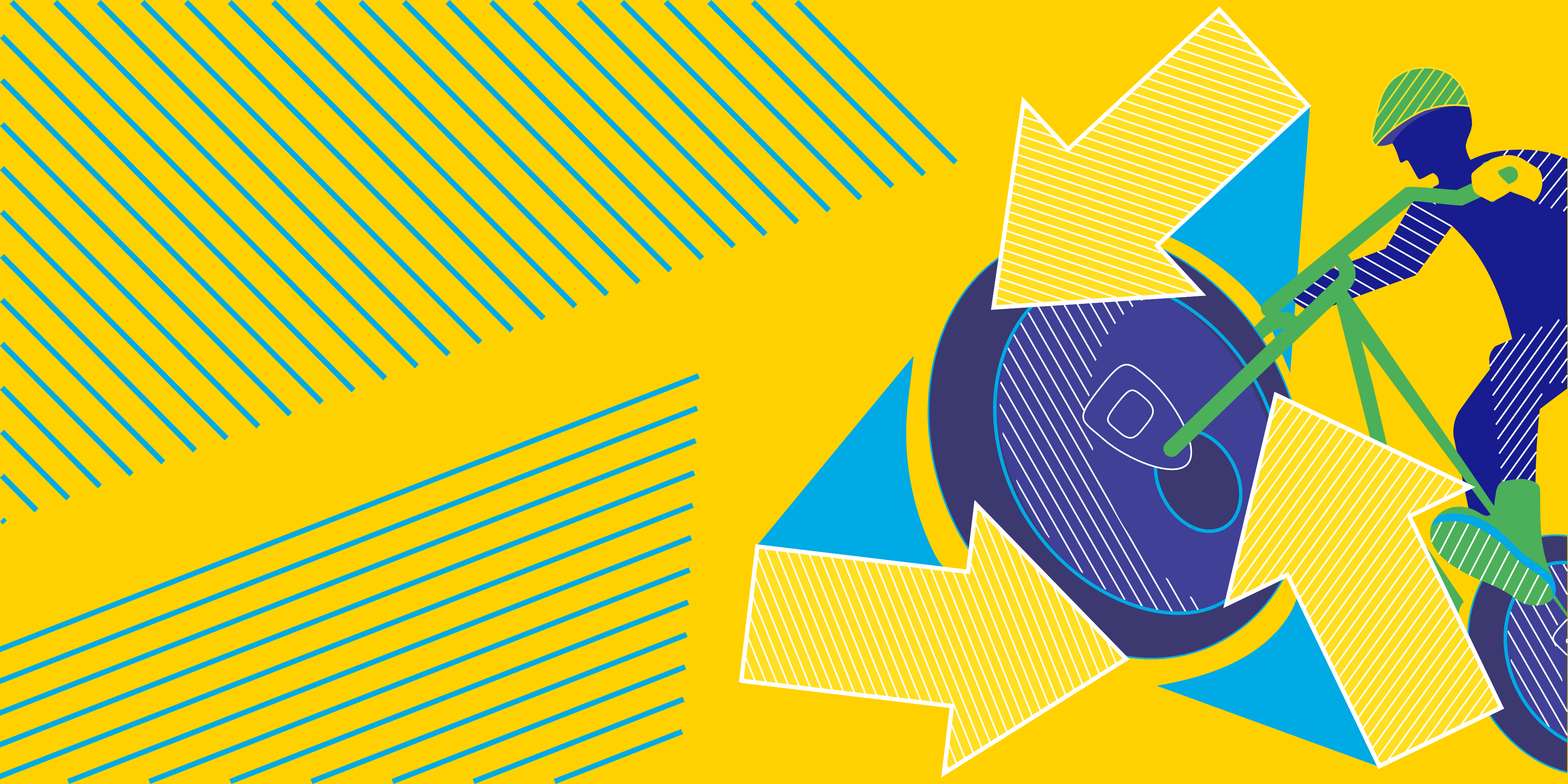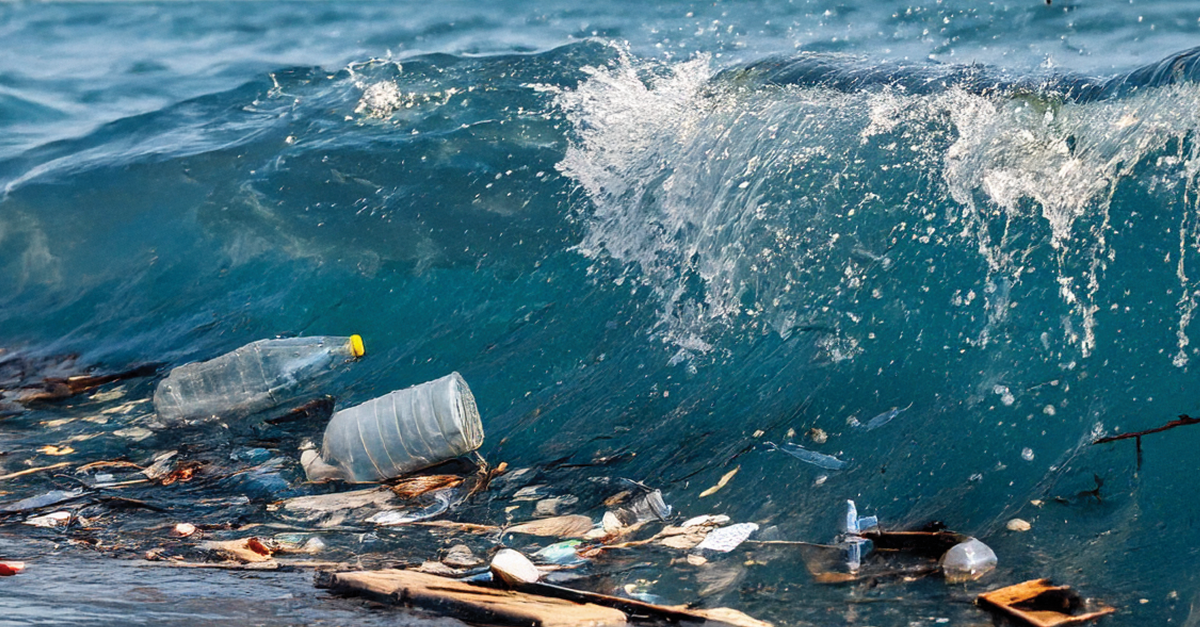An answer to South Africa’s water crisis!
Globally, 2.2 billion people lack access to clean drinking water. This is an alarming fact, given how essential water is for human health and hygiene.
In South Africa, if we consider that 19% of the rural population does not have reliable access to water, and shockingly 33% still do not have access to basic sanitation services – we understand the urgency of addressing water needs for our country.
A study published by the World Health Organization (WHO) titled Burden of Disease attributable to unsafe drinking water, sanitation and hygiene: 2019 update found that in South Africa, unsafe drinking water, sanitation, and hygiene practices contributed to more than 7 000 deaths and more than 640 000 disability-adjusted life years (DALYs) among children. Moreover, the main metros in Gauteng have recently faced severe water supply issues, with households going without water for days and, in some cases, weeks – so this issue must be urgently addressed.
But what are the leading causes of the clean water shortage crisis is South Africa?
We know that water scarcity, globally, is largely caused by climate change, and growing populations are placing even more strain on the available resources. However, Africa, faces another major threat, besides climate change, we also face challenges in accessing water resources.
Furthermore, our water shortages are caused by urbanisation, deforestation, destruction of wetlands, mining, agriculture, energy use, and accidental water pollution. All these factors have resulted in a significant reduction of available water resources.
Fortunately, there is a sustainable solution to alleviate this crisis. The sustainable solution is wastewater treatment.
What is wastewater treatment?
Wastewater treatment is the process of improving the quality of wastewater by converting it into an effluent (waste matter) that can be returned to nature or incorporated into the water cycle, with minimum environmental issues or it can even be reused.
In addition to reducing pollution and the chemicals and waste impact into our water, wastewater treatment plays an important role in increasing recycling and reusing water around the world – helping to preserve this precious resource. Through wastewater treatment, water can be repurposed for irrigation, dust suppression, and replenishment of rivers and catchments in our water infrastructure network – all of which we need.
It is important to note, however, that to reuse wastewater effectively, it must be treated to the required standards. As a matter of fact, we have found that virtually all effluent (waste matter) can be recycled, if done correctly, creating a strong solution for water sustainability and access.
This is where waste management companies such as Interwaste come in. Not only do we advise the corporate community on new ways to conserve, manage and repurpose water, but we help them find the most effective ways to recycle water at the highest efficiency rates possible, and most importantly, to the required standards. In turn, this allows corporates to play their part in fighting climate change.
As we commemorate World Water Week, waste management companies should take a proactive approach to educating their clients and their community about wastewater treatment, and ways in which to conserve, manage, and repurpose water. Not only does this help address South Africa's clean water shortage crisis, but also aids in the fight against climate change.



SUBMIT YOUR COMMENT